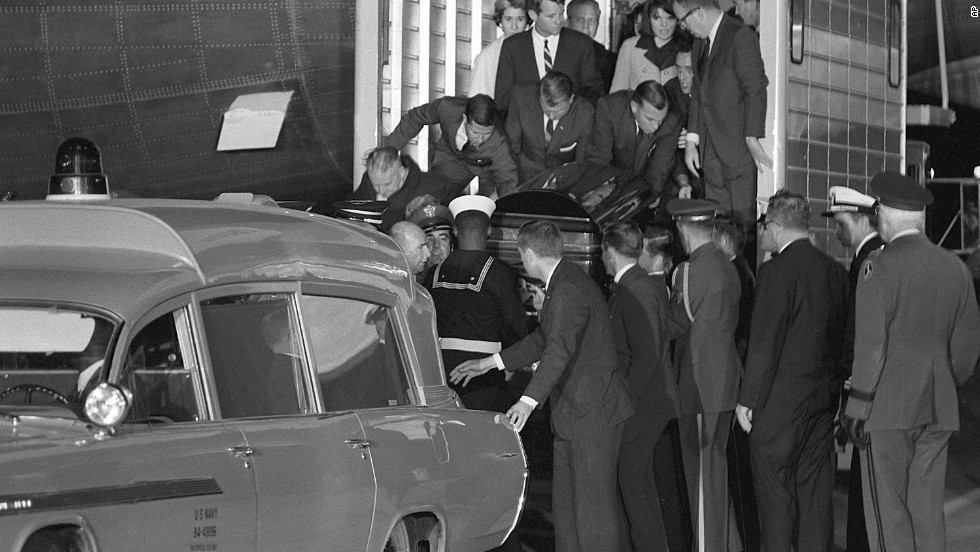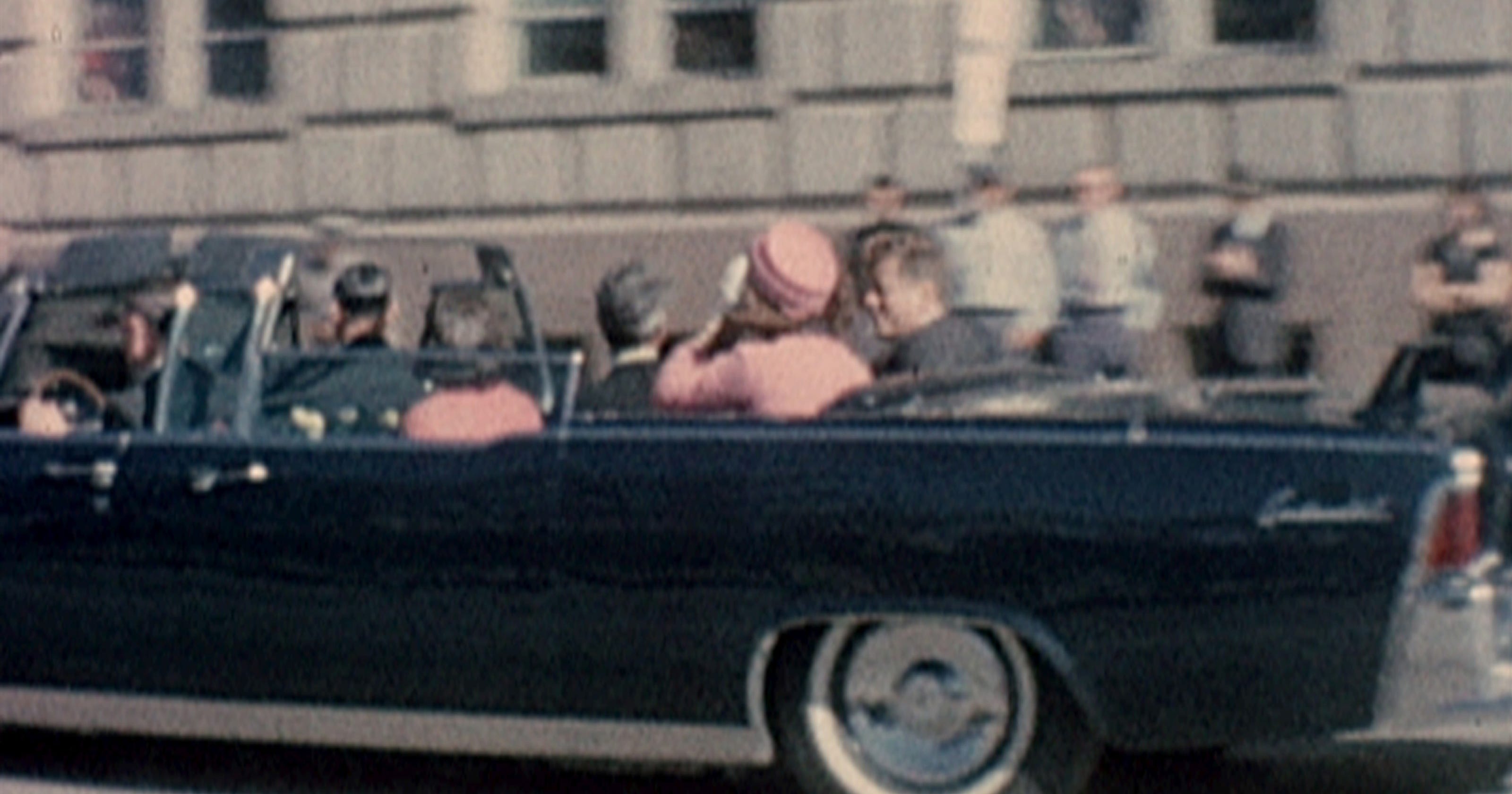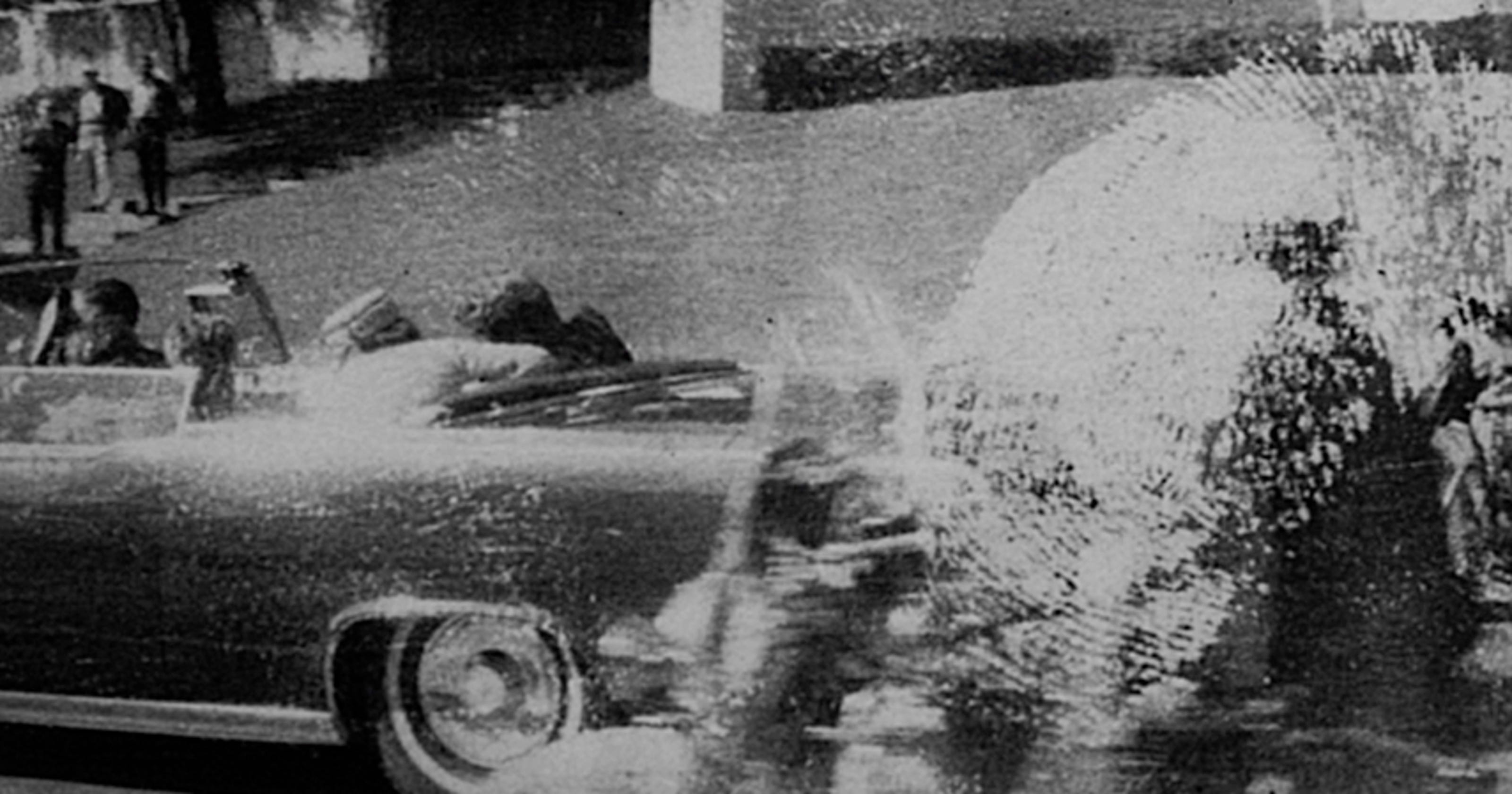On November 22, 1963, the world stood still as President John F Kennedy was assassinated in Dallas, Texas. The images captured that day became some of the most iconic and haunting photographs in history. These photos not only documented a tragic event but also sparked decades of speculation and conspiracy theories. If you've ever wondered about the significance and impact of these images, you're in the right place. We're diving deep into the world of John F Kennedy assassination photos and uncovering the truth behind the lens.
Let's be real here, the assassination of JFK was more than just a political event. It was a cultural shockwave that left an indelible mark on American history. The photos taken that day were more than just snapshots; they were pieces of evidence, emotional triggers, and sometimes even clues to unsolved mysteries. As we explore this topic, we'll break down why these photos matter and why they continue to captivate us decades later.
But before we dive into the nitty-gritty, let's set the stage. The assassination of JFK wasn't just about one man—it was about an entire era. The images captured that day tell a story that goes beyond politics and into the human experience. From the famous Zapruder film to lesser-known photos, each frame holds a piece of history that continues to intrigue historians and the public alike.
Read also:Terri Schiavo Husband The Untold Story Behind The Heartbreaking Legal Battle
Biography of John F Kennedy
Before we dive into the photos, let's take a moment to remember the man behind the legend. John F Kennedy, often referred to as JFK, was the 35th President of the United States. Known for his charisma and vision, JFK was a symbol of hope and progress during a turbulent time in history.
Key Facts About JFK
Here's a quick rundown of JFK's life:
| Full Name | John Fitzgerald Kennedy |
|---|---|
| Birth Date | May 29, 1917 |
| Death Date | November 22, 1963 |
| Presidency | January 20, 1961 – November 22, 1963 |
| Spouse | Jacqueline Lee Bouvier |
JFK's legacy extends far beyond his presidency. His commitment to civil rights, space exploration, and international diplomacy made him a beloved figure. But it was his untimely death that cemented his place in history.
The Day That Changed Everything
Okay, let's rewind to November 22, 1963. JFK was in Dallas for a campaign trip when tragedy struck. As his motorcade traveled through Dealey Plaza, shots rang out, and the president was fatally wounded. The scene was chaos, and the cameras rolling that day captured moments that would be analyzed for decades.
The Zapruder Film: The Most Famous Footage
One of the most significant pieces of evidence from that day is the Zapruder film. Filmed by Abraham Zapruder, this 26-second home movie captured the assassination in excruciating detail. The footage shows JFK being hit, and it remains one of the most chilling and iconic pieces of film in history.
- The Zapruder film was purchased by Life Magazine for $150,000 in 1964.
- It wasn't until the 1970s that the full footage was released to the public.
- The film has been studied extensively by researchers and conspiracy theorists alike.
But the Zapruder film wasn't the only visual documentation of that day. There were other photographers and amateur filmmakers who captured the events from different angles.
Read also:Billie Eilish Hot Ai The Fusion Of Music Art And Technology
Other Notable Photos
While the Zapruder film gets most of the attention, there were several other photographers who captured crucial moments. Let's take a look at some of the most significant images:
The Mary Moorman Photo
Mary Moorman was an amateur photographer who snapped a photo just moments after the fatal shot. Her photo has been a focal point for conspiracy theorists because it appears to show a shadowy figure on the grassy knoll.
- The Moorman photo was taken from the opposite side of the Zapruder film.
- It provides a different perspective on the events unfolding.
- Many believe it holds clues to the possibility of a second shooter.
Moorman's photo has been analyzed by experts and amateurs alike, but its true significance remains a matter of debate.
The Role of Photography in History
Photography has always played a crucial role in documenting history. But the JFK assassination took this role to a new level. The images captured that day not only preserved the event but also fueled debates and theories that continue to this day.
Why Do These Photos Matter?
Here's the thing: the photos from JFK's assassination matter because they represent more than just a historical event. They symbolize a moment when the world changed forever. These images remind us of the fragility of life and the power of media to shape public perception.
- Photos can evoke emotions and tell stories that words alone cannot.
- They serve as evidence in legal and historical investigations.
- They also spark curiosity and encourage people to seek the truth.
But with great power comes great responsibility. The photos from JFK's assassination have been scrutinized and sometimes misinterpreted, leading to misunderstandings and misinformation.
Conspiracy Theories and the Photos
Let's face it: the assassination of JFK is surrounded by conspiracy theories, and the photos play a big role in these theories. Some believe the official story doesn't add up, and the images provide clues to alternative explanations.
The Grassy Knoll Theory
One of the most famous conspiracy theories involves the grassy knoll. Some believe there was a second shooter hiding on the knoll, and certain photos seem to support this theory. The Mary Moorman photo, in particular, has been cited as evidence of this possibility.
- Proponents of the grassy knoll theory point to inconsistencies in the official report.
- They argue that multiple shooters would explain the timing and trajectory of the bullets.
- While the theory remains unproven, it continues to capture the public's imagination.
But not everyone buys into the conspiracy theories. Many experts believe the official explanation is the most plausible, and the photos simply reflect the chaos of the moment.
Impact on American Culture
The assassination of JFK and the photos that documented it had a profound impact on American culture. They became symbols of a lost era and a reminder of the complexities of history.
How the Photos Shaped Public Perception
Here's the deal: the photos from JFK's assassination shaped how the public perceived the event. They turned a political assassination into a cultural phenomenon. The images were everywhere, and they became part of the national conversation.
- They sparked debates about government transparency and accountability.
- They fueled a fascination with conspiracy theories that persists to this day.
- They also humanized JFK, reminding us of the personal tragedy behind the political event.
But the impact wasn't just about the event itself. The photos influenced how we view history and the media's role in shaping it.
Modern-Day Relevance
Fast forward to today, and the JFK assassination photos still hold relevance. They remind us of the power of images in shaping public opinion and the importance of seeking truth in a world full of misinformation.
Lessons for the Digital Age
In the age of social media and digital photography, the lessons from JFK's assassination photos are more important than ever. Here are a few takeaways:
- Images can be powerful tools for both good and bad.
- It's crucial to verify sources and avoid spreading misinformation.
- The public's fascination with conspiracy theories shows no signs of fading.
As we continue to grapple with the complexities of modern media, the JFK assassination photos serve as a reminder of the importance of critical thinking and skepticism.
Final Thoughts
So, there you have it—a deep dive into the world of John F Kennedy assassination photos. These images tell a story that goes beyond politics and into the heart of human experience. They remind us of the power of photography to capture history and the importance of seeking truth in a world full of uncertainty.
As you reflect on what you've learned, consider this: the photos from JFK's assassination aren't just relics of the past. They're reminders of the ongoing quest for understanding and justice. So, whether you're a history buff, a conspiracy theorist, or just someone curious about the world, these images have something to teach us all.
And now, it's your turn. Leave a comment, share this article, or dive deeper into the world of JFK assassination photos. The story doesn't end here—it continues to unfold with every new discovery and every new perspective.
Table of Contents
- Unveiling the Shadows: A Deep Dive into John F Kennedy Assassination Photos
- Biography of John F Kennedy
- Key Facts About JFK
- The Day That Changed Everything
- The Zapruder Film: The Most Famous Footage
- Other Notable Photos
- The Mary Moorman Photo
- The Role of Photography in History
- Why Do These Photos Matter?
- Conspiracy Theories and the Photos
- The Grassy Knoll Theory
- Impact on American Culture
- How the Photos Shaped Public Perception
- Modern-Day Relevance
- Lessons for the Digital Age
- Final Thoughts


